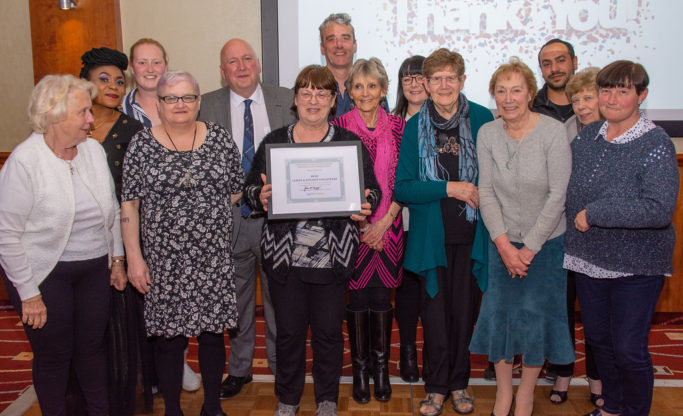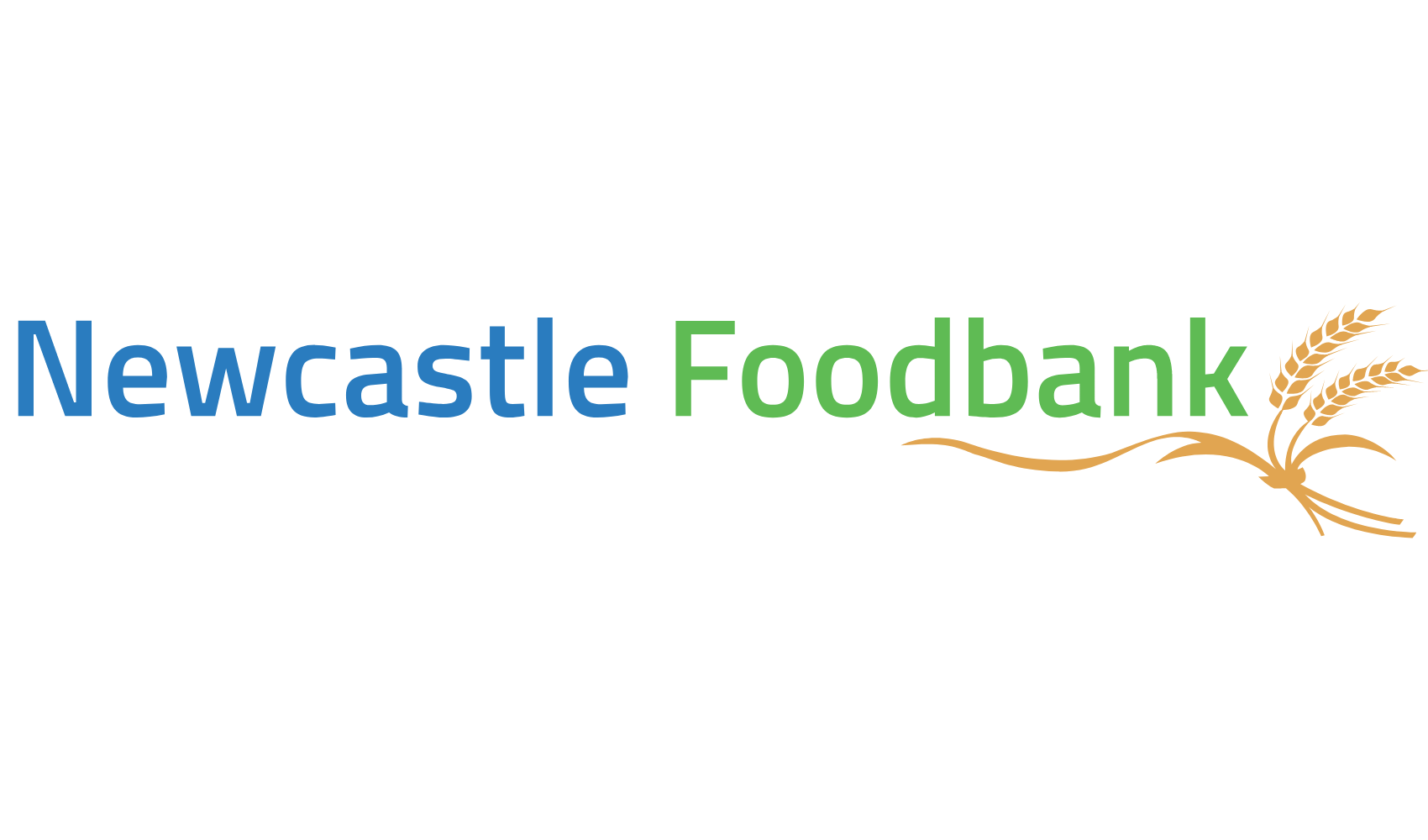
A volunteer’s view on keeping the doors open at Newcastle West End Foodbank.
Food banks like ours are literally a lifeline for the hungry and often for the penniless. As one of the busiest food banks in the UK, we have managed to keep operating during this crisis – the biggest health emergency in 100 years – while others, through no fault of their own, have temporarily closed. That has taken a monumental effort by dedicated volunteers – some of whom have now been forced to self-isolate.
Our main priority, as the coronavirus pandemic unfolds in the UK, is the safety of everyone coming to our food bank – whether clients, sometimes with us for the first time, volunteers, generous people and businesses who donate both food and money. A big thank you to you all
The latest government advice explains that food banks can legally continue, provided we follow the rules of ‘social distancing’ – people staying at least two metres apart – because our work qualifies staff and volunteers as key workers caring for the vulnerable.
As John McCorry, our chief executive emphasises: “Our focus remains on the most vulnerable, unable to afford food. It is not for people able to buy food but unable to access shops, where help elsewhere is available.”
At this time of national crisis, we are working with others – particularly Newcastle City Council – to get food where it is most needed.
Heavy demand for our services reflects the UK economy running down at an alarming rate. This is underlined by new figures showing that nearly one million people successfully applied for Universal Credit, or UC – the key welfare payment for those in need – in the last fortnight of March. The Government recently announced the first UC increase since 2015 of £1,000 annually, around £80 a month.
But they won’t get the money immediately: successful claimants still have to wait at least five weeks before the first payment arrives. Of course, they can apply for a loan to tide them over – but that will be deducted from their future payments. While welcoming extra support from the Department for Work and Pensions (DWP), the Trussell Trust – to which we are affiliated – says its “more important than ever” to end this five week wait.
That surge in Universal Credit applications reflects falls in income as well as rising unemployment due to many firms going bust or laying off staff because businesses cannot afford to wait for the first payments from a government retention scheme aimed at helping firms keep staff on the payroll.
The severity of the crisis was underlined by the anxious director of a respected social and economic research institute, the Resolution Foundation. “We have not seen anything like this,” he said. “It is not remotely normal even in the grim circumstances of a recession.”
Finally, ask yourselves why demand for food bank services was high even before this Coronavirus crisis?
Answer: as the country entered the pandemic, 14.5 million people in the UK were already living in poverty, including 8.1 million in working families. That figure is now rising steadily.

